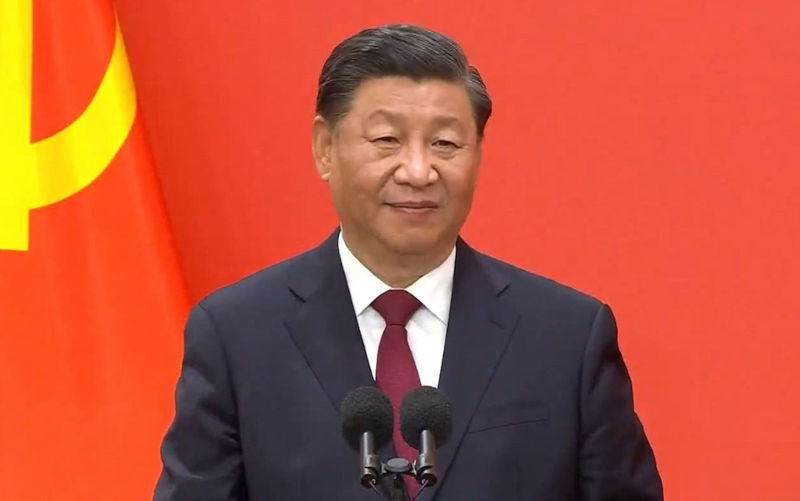The central importance of Chinas common prosperity
November 24, 2022
Nikkei diplomatic correspondent Ken Moriyasu debunks the notion that Xi Jinping has been set up as some sort of President-for-life, stressing that Xis tenure is conspicuously dependent on maintaining overall performance legitimacy at a time when head winds look set to dominate.
The Nikkei Asia journal, which has been connected with the Financial Times in London since 2015, provides continuing coverage of Chinas political-economy from a Japanese perspective. This coverage often has a distinctly negative tilt and it can be somewhat gossipy. But the best critical reporting is serious, thoughtful and well informed.
The Nikkei treatment of the recent 20th National Congress of the Communist Party of China, was extensive and largely predictable, with no shortage of austere observations, highlighting the asserted bad-times facing China. The strongest coverage, however, was very good. A leading example is the searching article by the Nikkei diplomatic correspondent, Ken Moriyasu, entitled: Xis removal of Hu points to common prosperity not Taiwan invasion.
Moriyasu first provides some interesting Hu, Jintao biographical endorsements, before moving on to a concise, critical review of pivotal outcomes arising from the National Congress. In particular, he roundly debunks the notion that Xi Jinping has been firmly set up as some sort of President-for-life, stressing that Xis tenure, formally entrenched as it may be, is conspicuously dependent on his maintaining overall performance legitimacy at a time when head winds look set to dominate. China is not North Korea, as Moriyasu says.
Moreover, notwithstanding the rising Taiwan-war-drum-chatter across the Western Media, Moriyasu argues that nothing suggests that China has radically changed its strategy regarding the island. He also quotes a University of Sydney China expert who contends that the latest Politburo appointments have created a reform cabinet in disguise that [is] a common prosperity cabinet. Moriyasu also argues that Xi Jinping has put together a leadership team, that will be with him whatever the headwinds.
Seeking fundamental social equality, according to the common prosperity doctrine, is implicitly portrayed as being imprudently radical. This is curious in as much as: the remarkable post-War success of Japan relied on applying this sort of policy; and the long-term lack of such an economy-framing policy has surely played a decisive role in creating the polarised, political quagmire found in the US today.

